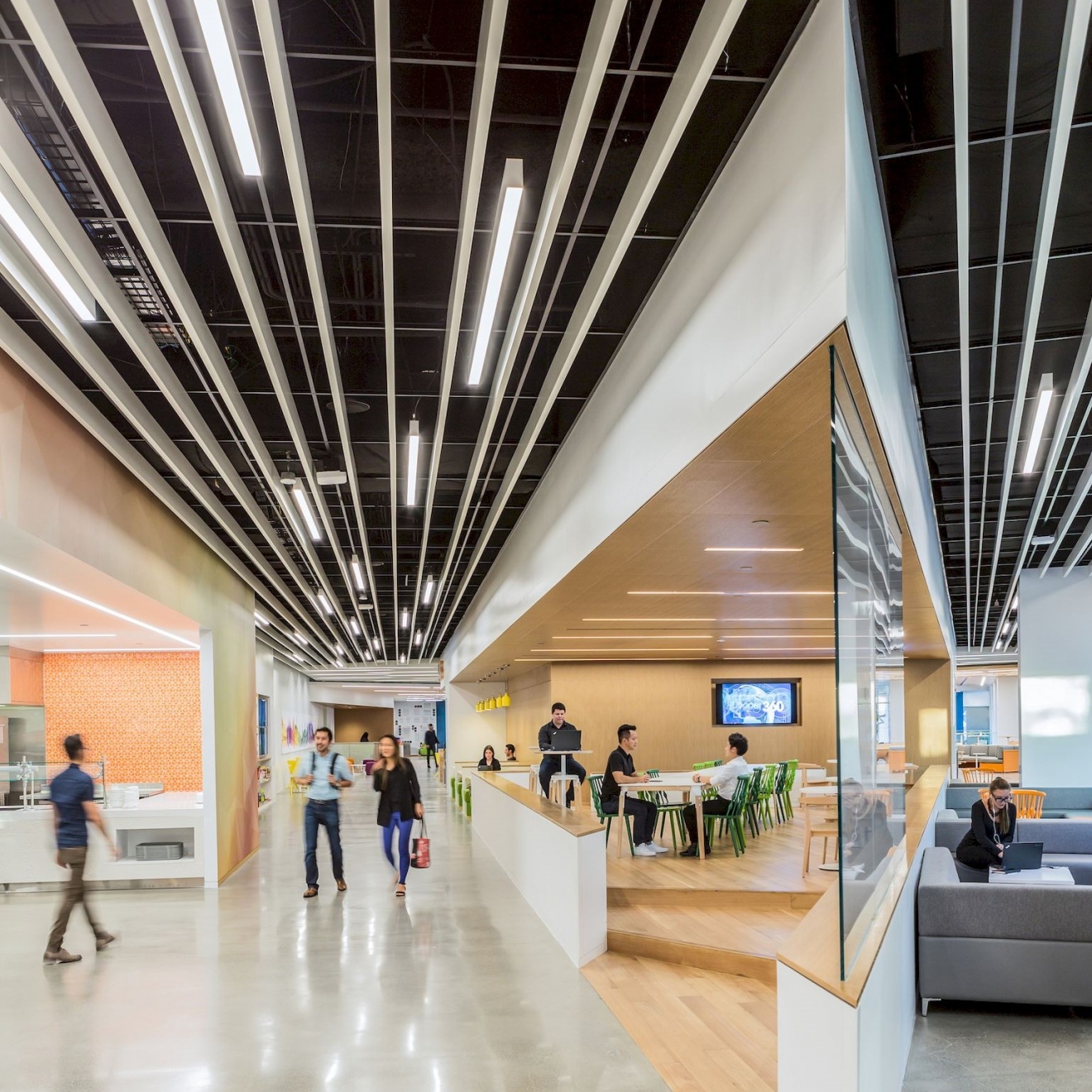To provide the best experiences, we use technologies like cookies to store and/or access device information. Consenting to these technologies will allow us to process data such as browsing behaviour or unique IDs on this site. Not consenting or withdrawing consent, may adversely affect certain features and functions.
The technical storage or access is strictly necessary for the legitimate purpose of enabling the use of a specific service explicitly requested by the subscriber or user, or for the sole purpose of carrying out the transmission of a communication over an electronic communications network.
The technical storage or access is necessary for the legitimate purpose of storing preferences that are not requested by the subscriber or user.
The technical storage or access that is used exclusively for statistical purposes.
The technical storage or access that is used exclusively for anonymous statistical purposes. Without a subpoena, voluntary compliance on the part of your Internet Service Provider, or additional records from a third party, information stored or retrieved for this purpose alone cannot usually be used to identify you.
The technical storage or access is required to create user profiles to send advertising, or to track the user on a website or across several websites for similar marketing purposes.
 UK based law firms lead the way in the adoption of agile working, according to a new report from CBRE which looks at the workplace strategies of major legal practices across EMEA regions. CBRE’s Law in EMEA report offers what it claims is the first ever benchmark analysis of the legal sector internationally. Although the report suggests that agile design principles are shown to be strongly associated with lower rents per person in local markets, there is limited take up of this approach amongst legal firms outside the UK.
UK based law firms lead the way in the adoption of agile working, according to a new report from CBRE which looks at the workplace strategies of major legal practices across EMEA regions. CBRE’s Law in EMEA report offers what it claims is the first ever benchmark analysis of the legal sector internationally. Although the report suggests that agile design principles are shown to be strongly associated with lower rents per person in local markets, there is limited take up of this approach amongst legal firms outside the UK.





































